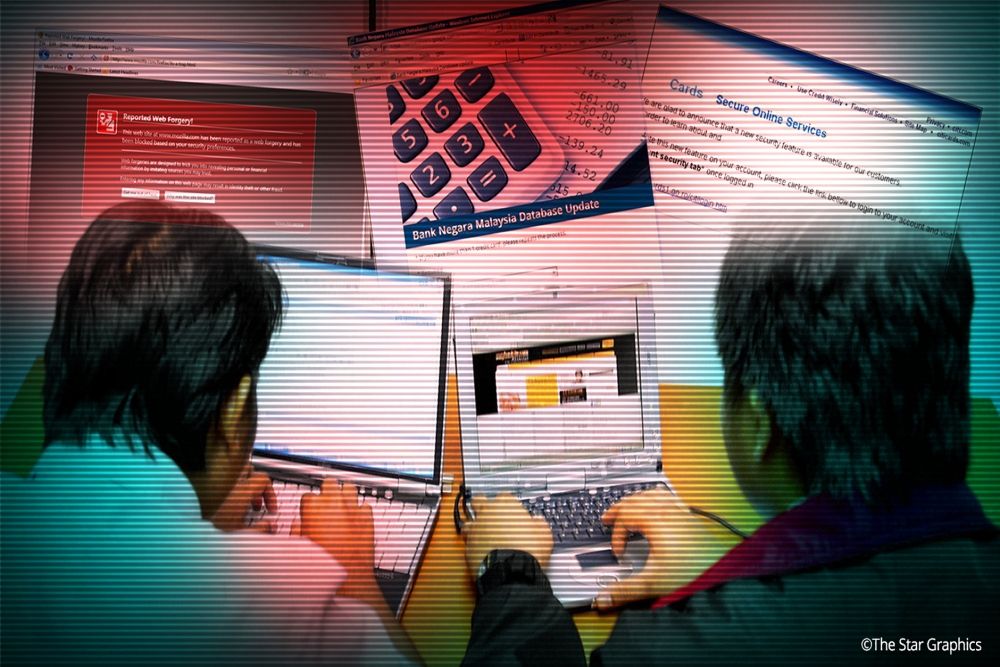PETALING JAYA: Taxing the super-rich will help the economy if only the right policies are in place to help lower-income groups, say economists.
They also warned that relying solely on subsidies and cash handouts to assist lower-income groups is not the right solution in the long run.
Dr Yeah Kim Leng, director of economic studies at Jeffrey Cheah Institute of Sunway University, said the rich or the “haves” invariably are better equipped to face various shocks to the economy.
He said markets would be unduly alarmed and a flight of capital would ensue if such income transfers are seen to be inequitable and excessively large enough to affect the financial security of the rich.
“Besides existing social safety nets such as the government’s social assistance, Employees’ Provident Fund and Social Security Organisation schemes, the high-income group is typically relied upon to help the country cope with systemic or nation-wide distress.
“Not surprisingly, we are seeing the top income brackets being taxed more and blanket subsidies that benefit the high-income group more than the low-income group being rolled back.
“Financial markets and investors tend to have a positive view of such rationalisation and redistributive policies as such measures do not impede market efficiency and competitiveness,” he added.
While enabling the low-income group to cope with living cost increases, Yeah said the relatively small transfers from the rich to the poor would result in greater social stability.
“Likewise, the boost to consumption will be good for all as the economy will be more stable both socially and politically, and that, in turn, will underpin the country’s overall economic performance,” he said.
Economist and former deputy governor of Bank Negara, Tan Sri Dr Lin See Yan, said giving mere subsidies to ensure a low cost of living is an inefficient way of solving the problem of inequitable income distribution among the people.
“Subsidies are inefficient and distort the pricing of goods and services. This will in turn lead to inequalities in distribution.
“Taxing the rich more is equitable. It is unlikely to make them spend less, though they might spend more efficiently.
“I don’t believe in subsidies as a long-term solution. I believe that market pricing is the best way to get maximum equilibrium in the distribution of scarce resources.
“The rich know how to take care of themselves,” said Lin.
He said although the government has a duty to help the poor, it must ensure that the ways used to assist them narrows income distribution.
“Helping the very poor is one way of narrowing income distribution and this will also bring about a more evenly balanced society.
“The hardcore poor need help to raise their ability to earn more, but the help should not make them lazy,” said Lin, who is not in favour of cash handouts.
He added that the state should be a catalyst to raising the productivity of the lower-income group and narrowing income gaps.
On May 22, Prime Minister Datuk Seri Anwar Ibrahim said the government would coordinate the distribution of subsidies according to income groups through the implementation of the household socio-economic database, Pangkalan Data Utama (Padu), which is expected to be completed by the year-end.
On June 24, the government announced that beginning July 1, those whose monthly electricity is at least RM708 would see a minimum 25% increase in their bills.






































